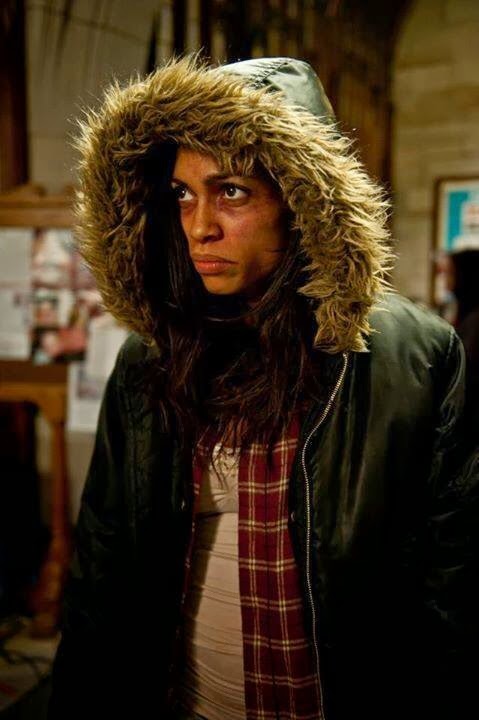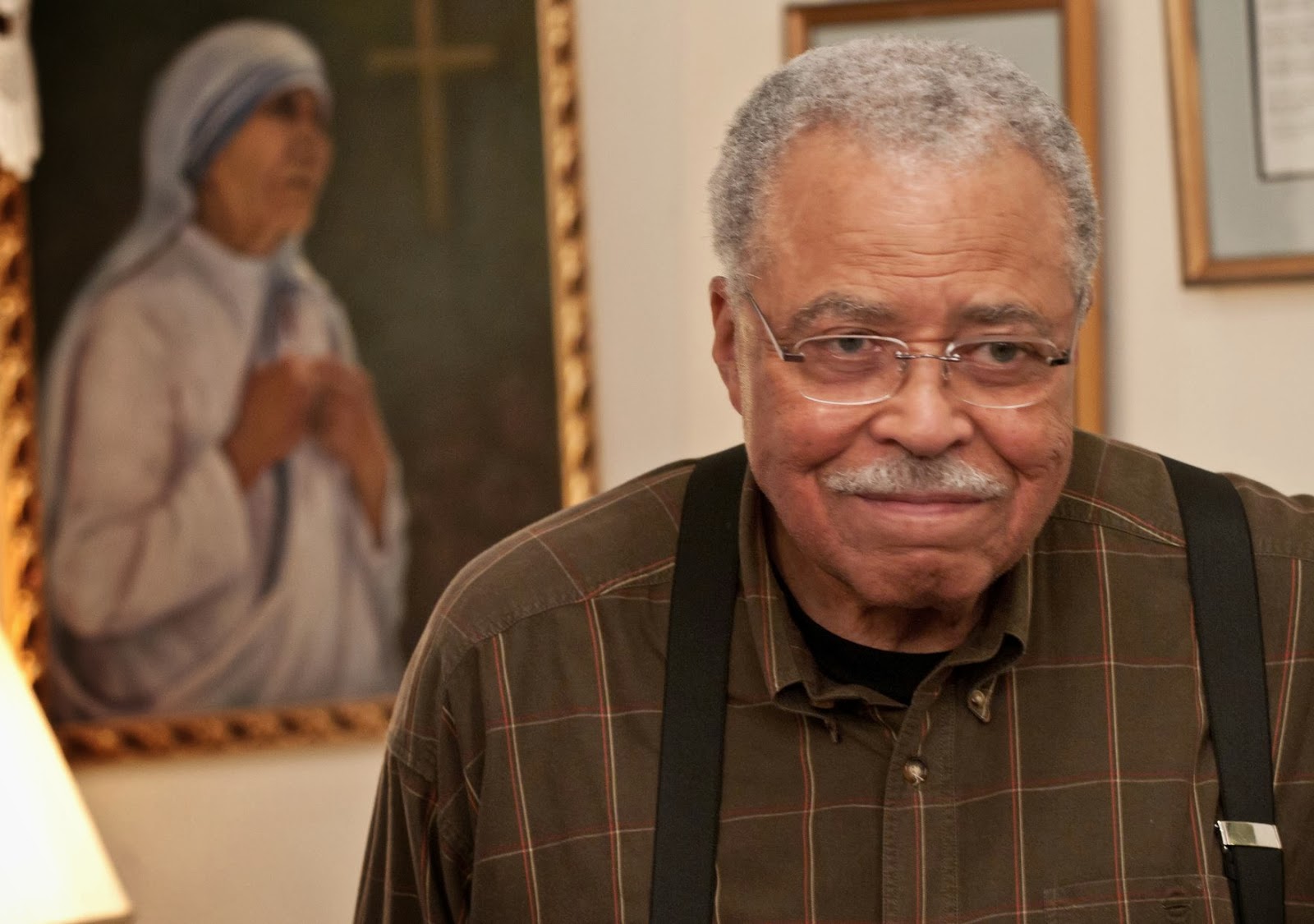This is for those of you who have seen the classic film,
A Place in the Sun.
I've written in previous posts that I am fascinated with the literature of film -- all those details that add to the tone and motif from the director and give us clues to the outcome and to the characters in the story. One simple prop or piece of set decoration can have great significance. I wrote my observations of this in Capra's
It's A Wonderful Life, Cukor's
A Star Is Born, and two screwball comedies by Billy Wilder --
The Major and The Minor starring Ginger Rogers and Ray Milland
and
Some Like It Hot starring (as you know) Marilyn Monroe, Tony Curtis and Jack Lemmon.
To illustrate my point with another of my longtime favorite classics, I'm going to highlight a scene from
A Place in the Sun directed by
George Stevens. This film won Stevens an Academy Award for Best Director and it was also nominated for Best Picture of 1951. This is one of Hollywood's most acclaimed and successful remakes.
Montgomery Clift and
Elizabeth Taylor played the star-crossed lovers in Paramount's remake of its 1931 drama,
An American Tragedy, based on the book of the same name. Stevens' remake, much better than the original, is the production in which young Elizabeth Taylor graduated from gorgeous movie star to serious film actress. After this film, she'd earn five Oscar nominations for Best Actress. She'd win twice. Taylor plays Angela Vickers. Angela's a rich girl but not a spoiled one. There's a dear warmth about her. She's young and not too worldly. She's grown up in an exclusive social circle, privileged and naive.
When poor George Eastman (Montgomery Clift) sees her for the first time, it's love at first sight. Stevens directs her entrance so that we fall in love with her at first sight too. Later, when they actually meet and talk, she looks like a guy's dream of the perfect prom date.
I love how Taylor gives Angela Vickers an interesting texture that perhaps Angela's family members don't even notice. There's a dissonance and a longing mixed in with her true charm, kindness and vitality. She's lonely for something wealth can't buy. She probably doesn't even know she's what's longing for -- until George dances with her. And kisses her. Angela Vickers is everything George Eastman has ever wanted.
Angela loves him deeply, passionately. The young woman wants to marry him. She doesn't care if he's poor and from a lower class. That's her parents' problem. Not hers. She will continue to love George after she learns dark truths, truths that lead to their last kiss shortly before his execution for murder.
On his way to his death, followed by a symbol of one of the main and most confining forces in his hard life -- religion -- the last earthly thought on his mind will be his first kiss from Angela. Stevens overlapped images in this film. This closing shot is such a strong and inspired visual.
I first fell in love with this film when I was in high school and saw it on television. At the time, I really couldn't connect to F. Scott Fitzgerald's
The Great Gatsby in English Lit. class. I grew up in South Central Los Angeles and attended high school in Watts, a few years after the Watts Riots of the 1960s. Watts was a predominantly black and economically depressed community. We were all working class folks trying to get by. Reading F. Scott Fitzgerald's novel, I couldn't imagine people having that kind of immense wealth and those enormous, palatial homes. I couldn't imagine Long Island mansions. I knew Beverly Hills and Hollywood because of TV and movies. Also, they were part of Southern California and I'd been to both places, usually to catch a movie. Intellectually and emotionally, I could not connect to the upscale, tainted, rich and spoiled characters in
The Great Gatsby when I was in my youth. I didn't care about them. I didn't care about the rich, white lawbreakers Jay and Daisy. I didn't care about the green light at the end of Daisy's dock. When I lived in New York City for my career, I re-read it with more of an understanding. I grew to appreciate
The Great Gatsby. But it still doesn't have the impact on my heart and soul that
A Place in the Sun did.
My high school buddies and I could connect to tragic George Eastman in Stevens'
A Place in the Sun. He was poor and had very little education. He was determined to make something of himself. In his pursuit of The American Dream, he would be blocked. He was like members of our community and some of our relatives. We young black males in Watts understood George Eastman's barriers of family, religion and social class. Especially social class. We knew those divisions. George can't even have casual sex without having to price a high price for it. For America's rich, life is velvet. If a member of that class accepts you, your life can be velvet too. We see that in an early party scene with George and Angela. When he's invited to a party, although he's a distant relative to wealthy Eastmans, he's still an outsider because of his background and social class. He's from a low branch of the family tree. He's in a shabby suit. Angela is a guest. He's dazzled by her beauty. Shy, unsophisticated George would like to mingle but he can't. He stands in the room looking like an unpaid bill. Stevens has all the party guests slowly leave that room and enter another room for the party entertainment. George is left alone. That party scene shows the class division. At another function, sweet Angela engages shy George in a slow dance. They embrace pretty much alone in a big room. With her, he glides smoothy and romantically into the other room for the big party. He's with her. All his hard work, various jobs and attempts to improve himself could not get him a big step up the corporate ladder of life like that simple dance with Angela Vickers could. A step up in social status was literally as easy as dancing from one room into another -- when he was with the right person.
However, George had gotten some much-needed but unprotected sexual relief from a co-worker.
Shelley Winters starred as the dowdy, doomed and pregnant factory worker, Alice. She is bitter and jealous of rich, pretty girls like Angela Vickers. There's a bit of madness about her. Her neediness towards George will bring out the shrew in her. Alice boxes swimwear on a factory assembly line. Ironically, she can't swim.
When Alice looks at George, she sees the possibility of financial security, social respect and romance. When George looks at Alice, he has sex on his mind. He wants a good time. No drama.
They're co-workers, so they have to be discreet on the job.
But when Alice sees that his American dream is about to come true without her, that brings out the madness in them both. Alice causes drama.
We know that Alice will not live to tell friends about her holiday canoe ride with George on Loon Lake. By this time, she has threatened to storm into Angela's wealthy world to reveal that George has a double life. She is pregnant with his baby and does not intend to be an unwed mother. She yells at George. She demands that her marry her. Alice represents everything George has tried to get away from in his life. This boat ride will not end well for her -- especially when she won't shut the hell up.
For all the times through the years that I've seen
A Place in the Sun, I discovered something new about it recently. I watched it this month on Turner Classic Movies. George has het Angela Vickers and has danced with her. He held her. He can't get her out of his mind. This happened after he seduced needy Alice. For him, Alice was just sex. He doesn't love her. But Alice is a problem. She's another barrier. Family, religion, social class...and sex.
Stevens shows us that Angela is still on George's mind and in his heart as he's alone in his modest rented room. Through his window, we see a building beaming the wealthy family name in a white neon sign: "Vickers." But Angela Vickers and her kind of life seem too high above him. That neon sign is another of my favorite inspired visuals in the film. Director George Stevens also gives us a very creative use of audio details.
All of this is in Scene Selection #4 on the
Place in the Sun DVD. After the ecstasy of his first dance with Angela Vickers, he goes to Alice's. She'd planned a pitiful little birthday celebration for him in her pitiful little place. The party would be just the two of them and a birthday cake. George sits at her small table and lies about his previous whereabouts and activities. Notice how director George Stevens positions Montgomery Clift's character in this scene. Right above his head is a framed item on Alice's wall. It's a collection of butterflies with their wings pinned down. This is exactly what Alice would do to George's life.
In his room, with Angela on his mind, he calls Alice to see how she is. While he's talking to her, we hear the long wail of a siren in the background. That's audio foreshadowing. He hangs up from Alice. The phone rings. It's Angela calling him for a Friday night date. He's been on her mind too. We hear what will become their love theme play in the background. George now has emotional conflict. He wants that date with Angela more than anything. That formal party date will mark their first kiss and his first taste of a better life. But he will have to lie to Alice again. He sits back down at his table. Notice another item above George's head. This is the item I'd never noticed until just this month. It's a painting of Ophelia, Shakespeare's mad character who drowns in
Hamlet.
The painting of
Ophelia, the lady in the lake, is by artist John Everett Millais.
Again, subtle and brilliant foreshadowing from director George Stevens. With classic literature -- whether it's
Hamlet, The Great Gatsby or Theodore Dreiser's novel,
An American Tragedy -- you can discover more about a work when you read it again later. The same goes for watching classic films again. George Stevens' look at the divides of social class in America, the haves and the have-nots, is a true classic. If I could teach classes that introduce people to classic films, I'd definitely show them
A Place in the Sun and bring up observations that I made in this piece.
Montgomery Clift was nominated for Best Actor. Shelley Winters was nominated for Best Actress. Besides Best Director,
A Place in the Sun won Oscars for Best Screenplay and Best Cinematography.
And the love scenes with Elizabeth Taylor and Montgomery Clift ...wow. Just...wow. They are the stuff that dreams are made of.






















































